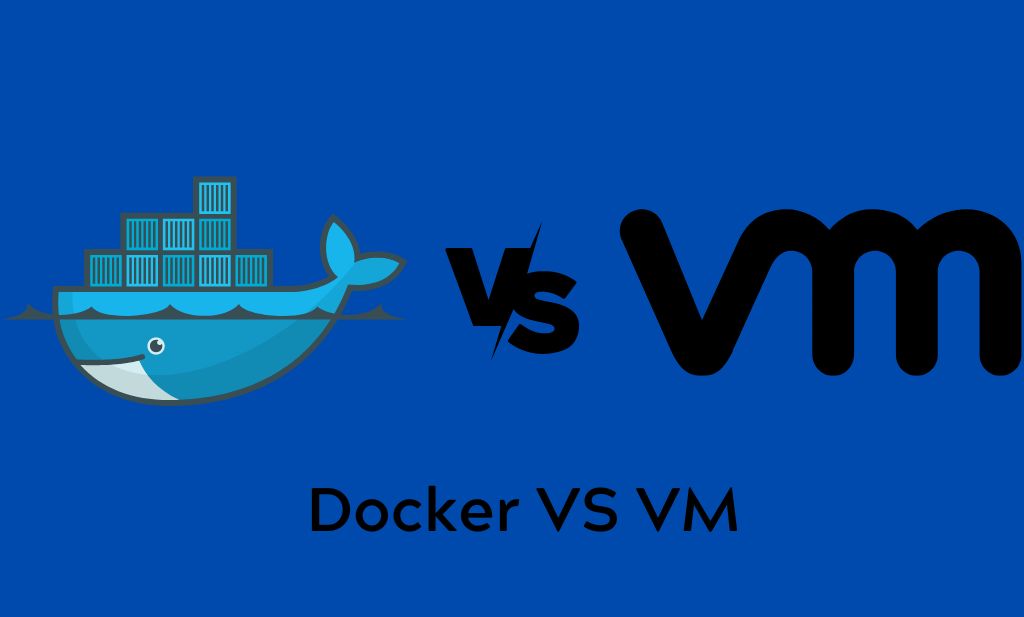Docker VS VM a Detailed Comparison and definition

The virtual machine is now the de facto standard for tapping into the many benefits of cloud computing. But what if there was a virtual machine replacement that was more compact, affordable, and scalable? It’s safe to say that Docker is this. Let’s get a detailed note on docker vs vm.
Docker is a platform for developing container-based, distributed applications. This blog post will analyze the differences and similarities between virtual machines and Docker containers.
What is a Virtual Machine?
A virtual machine is functionally and tangibly identical to a physical computer.
For simplicity’s sake, it allows for a single piece of hardware to take on the roles of multiple computers. Each virtual machine’s hardware can be virtualized once a guest OS has been installed.
What is Docker?
When it comes to the development, deployment, and maintenance phases of an application’s lifecycle, Docker is a container-based solution that speeds up the process. For want of a better term, it is the cement that keeps an application and its supporting materials together in one neat package. Learning Docker is easy!
Docker vs VM
I’ll now explain the key distinctions between Docker containers and virtual machines. OS compatibility, security, portability, and performance are where you’ll notice the most notable variations.
Let’s dissect and analyze these concepts separately.
Operating System Support
In docker vs vm comparing OS system support for virtual machines to that of Docker containers, there is a substantial disparity. Because each virtual machine also needs to run the host operating system, they tend to be somewhat cumbersome. Docker containers are small and efficient since they use a single OS.
Because they run on top of the host OS, containers are extremely lightweight and fast to start up. Therefore, the container system is considerably easier to manage than virtual machines.
Containerization with Docker is particularly useful when several processes must share a single OS kernel. However, virtual machines are vital for releasing cross-platform software or a server that can run on a wide variety of operating systems.
Security
It is important to note that the virtual machine cannot interact with either the host kernel or the guest operating system. So, they provide more robust security than Containers. Given that containers and their host operating system share the same kernel, they are susceptible to a number of security flaws.
Because docker resources are shared and not namespaced, an attacker who compromises a single container in a docker cluster can then exploit all containers in the cluster. The hypervisor restricts the virtual machine’s use of such resources.
Portability
Moreover in docker vs vm. Since Docker containers don’t have their own operating system, they may be moved easily. A container can be transferred to a different operating system and immediately booted up with the correct tools. However, virtual machines require their own operating system, making their portability more challenging than container portability and taking significantly more time due to their larger size.
Docker containers are an excellent tool for developers to use when building and testing applications across several platforms.
Performance
Since Docker Containers and virtual machines are used for different things, it would be dishonest to compare the two. Docker, on the other hand, is preferable to virtual machines because to its compact design and low system needs. When compared to virtual machines, container instances may be up and running much more quickly, and their resource needs are dynamic depending on factors like the workload or the volume of network traffic.
As opposed to virtual machines, containers can share the resources that are shared among all instances. Unlike virtual machines, containers do not necessitate the installation of an operating system, which greatly simplifies scalability and duplicating.



